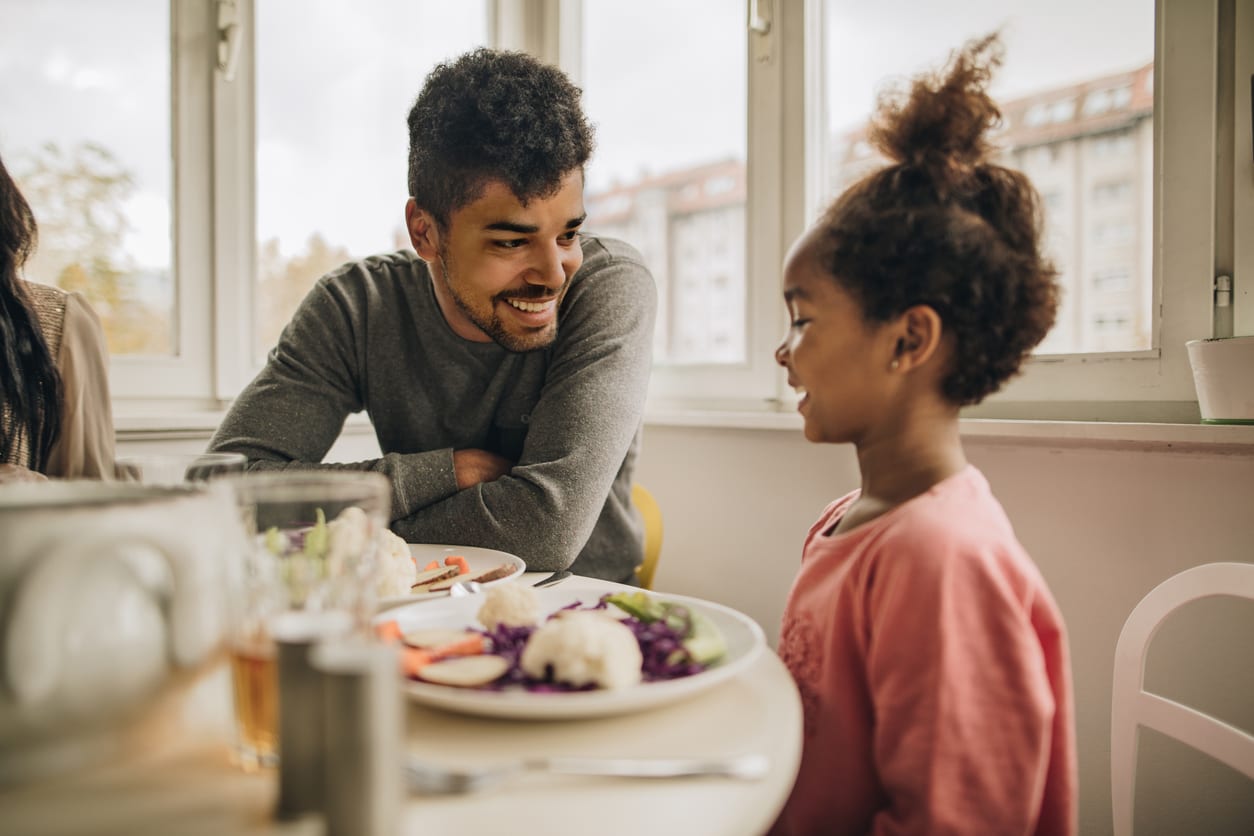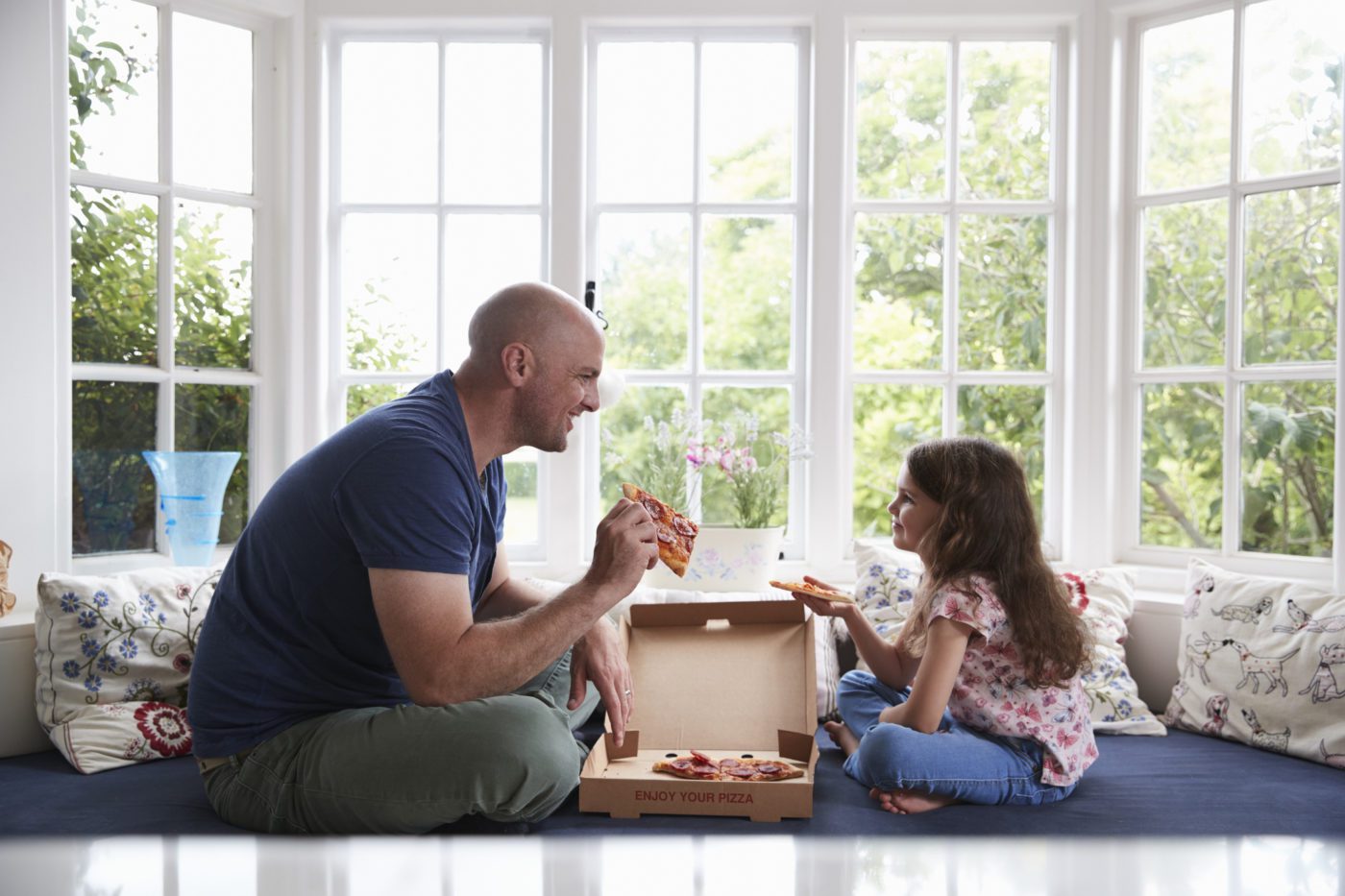Having spent 10 years practicing law early in my career, I learned that asking the right questions is critical to finding the truth and getting results. But when dealing with our kids’ emotions and relationship struggles, conversations can feel really one-sided. To promote good conversations as parents, we need to come up with good questions for kids. And questions that only require a “yes” or “no” won’t get you very far or deep.
So here are some powerful questions I’ve asked my teen and young adult children on various occasions to get them really thinking and talking. You can use them with your kids and teens to help them process their emotions and handle difficult circumstances or relationships, while you deepen your relationship with them at the same time. Here are 6 questions for kids.
1. What?
The basic “what” questions can take many forms, but the key is to help your child understand that you need details, not just impressions. What happened? What else can you tell me? What can I do to make it better?
2. Why?
Asking “why” can help kids look at a situation from multiple angles. Why do you think you feel this way? Why is this so troubling to you? Why do you think they might have done that?
3. When?
Timing is important. Helping your child see a sense of a timeline of events can help them pull apart the facts and the emotions. When did you first notice a problem? When did you start feeling this way?
4. How?
“How” questions can help you and your kids understand the steps and processes that created the difficulties. How did the situation escalate? How did you get to this level of frustration? How did they go about doing that to you?
5. Who?
Understanding all the players in a situation is crucial to sorting out what needs to be done next. Who really is responsible for the situation? Who needs an apology? Who needs to forgive? Who needs to be confronted? Who needs to be helped?
6. Where?
Now that you’ve helped your kids put the cards on the table, help them think through next steps. Where do you think you should go from here with this issue or in this relationship?
Probably the biggest challenge in helping our kids sort out their emotions and difficult relationships is fighting the urge to fix things, to give a lecture, and to talk out our own ideas. Listening is a critical part of this process. Don’t just be thinking about your next question—listen to what your child is saying, and weave that into your questions and answers. Click here for more ideas on how to be a great listener.
Sound off: What great questions have you used to get more out of your kids?












Huddle up with your kids and ask, “If you could ask God one question, what would it be?”